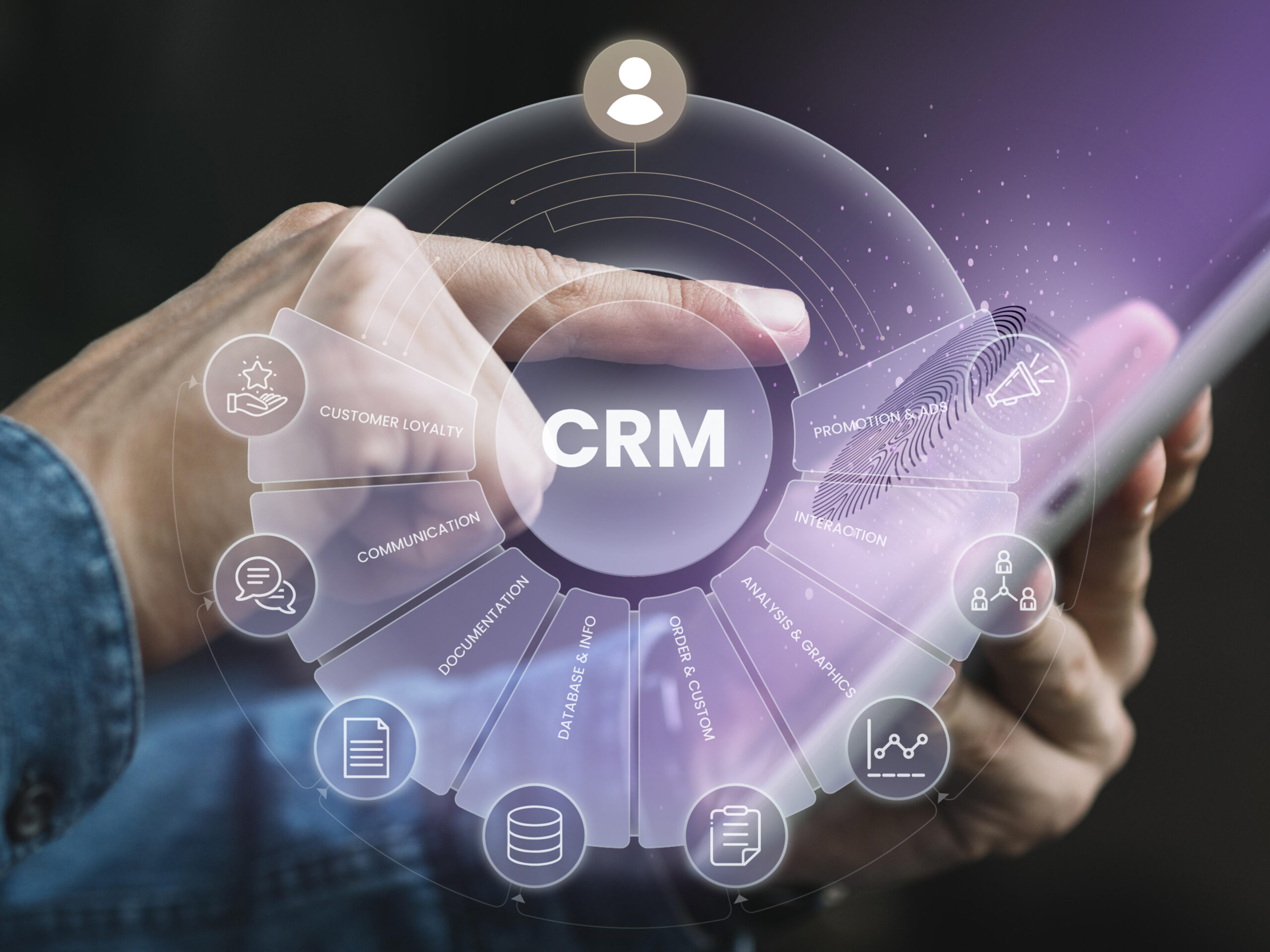
In the ever-evolving landscape of business, maintaining strong and lasting relationships with customers is paramount. Customer Relationship Management (CRM) software has emerged as a powerful tool for organizations seeking to streamline their operations, enhance customer interactions, and ultimately maximize business efficiency. In this blog, we will delve into the key ways in which CRM software can revolutionize your business processes and contribute to overall success.
1. Centralized Customer Information:
One of the primary advantages of CRM software is its ability to consolidate customer data into a centralized repository. Instead of scattered information across various platforms, a CRM system provides a unified view of customer interactions, preferences, and history. This centralized database empowers teams to have a comprehensive understanding of each customer, leading to more informed decision-making and personalized interactions.
2. Improved Communication and Collaboration:
CRM systems facilitate seamless communication and collaboration among different departments within an organization. Sales, marketing, and customer service teams can access a shared platform, enabling them to collaborate on customer-related activities. This integrated approach ensures that everyone is on the same page, promoting efficiency and reducing the risk of miscommunication.
3. Automated Workflows:
CRM software allows businesses to automate repetitive tasks and workflows. From lead generation to follow-up emails, routine processes can be automated, freeing up valuable time for teams to focus on more strategic and creative aspects of their roles. Automation not only reduces manual errors but also enhances efficiency by ensuring that tasks are executed consistently and in a timely manner.
4.Data-Driven Decision Making:
In the age of big data, the ability to analyze and derive insights from customer information is a competitive advantage. CRM systems provide robust reporting and analytics tools, allowing businesses to make data-driven decisions. By understanding customer behavior, preferences, and buying patterns, organizations can tailor their strategies for maximum impact and improved ROI.
5. Customer Segmentation and Targeting:
CRM software enables businesses to segment their customer base based on various criteria such as demographics, purchase history, or engagement level. This segmentation allows for targeted marketing campaigns, personalized communication, and more effective customer engagement. By delivering the right message to the right audience, businesses can optimize their marketing efforts and improve conversion rates.
6. Enhanced Customer Service:
Customer satisfaction is a key driver of business success. CRM systems empower customer service teams with tools to provide quick and effective support. With access to a customer’s history and preferences, representatives can resolve issues more efficiently, leading to increased customer satisfaction and loyalty.
7. Scalability and Flexibility:
As businesses grow, so do their needs. CRM software is designed to scale with the organization, accommodating an increasing volume of data and users. Moreover, many CRM systems offer customization options, allowing businesses to tailor the software to their specific requirements. This flexibility ensures that the CRM solution evolves alongside the business.
Conclusion:
In today’s competitive business landscape, efficiency is not just a goal; it’s a necessity. CRM software emerges as a linchpin in achieving this efficiency by optimizing processes, fostering collaboration, and placing the customer at the center of business operations. By investing in a robust CRM system, organizations can unlock a myriad of benefits, driving growth, and staying ahead in an ever-changing marketplace.

